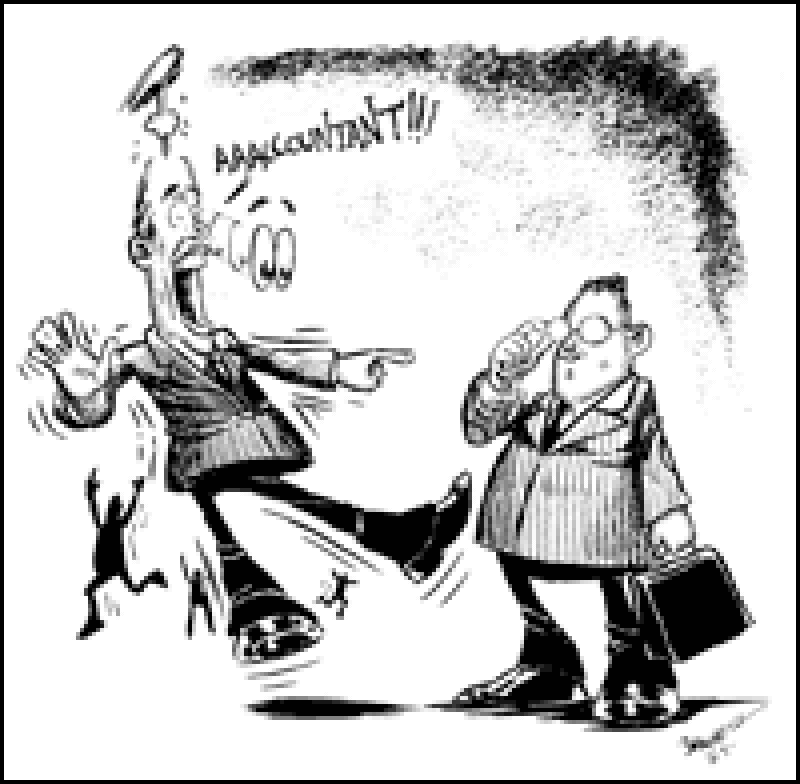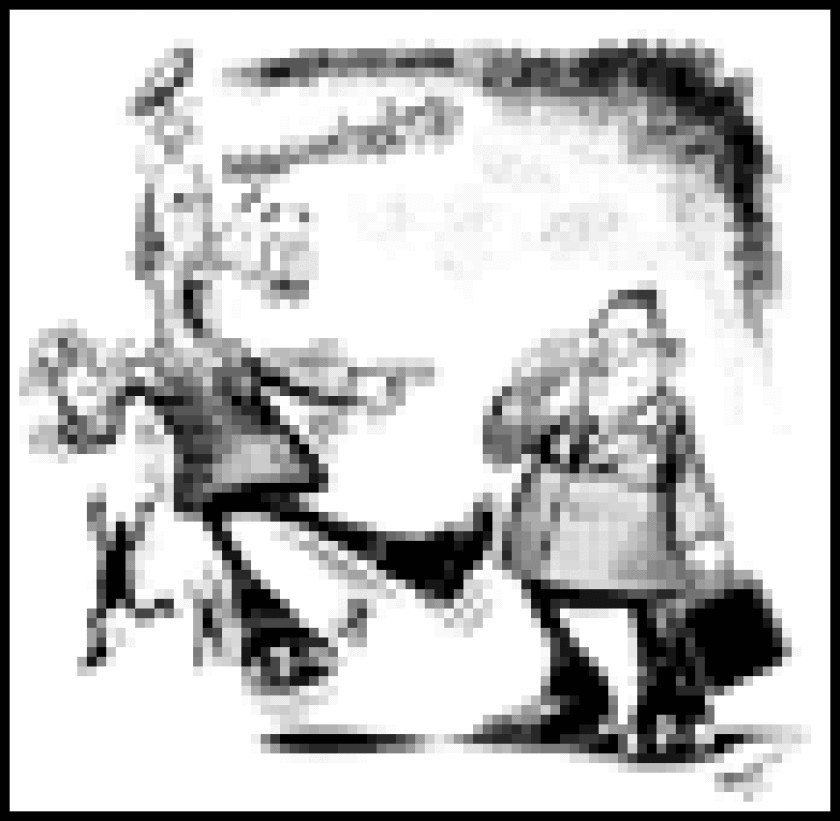
European structured products and bonuses for the bankers who staff the market are in jeopardy because of a new accounting rule that bars upfront recognition of profits.
As it stands, International Accounting Standard 39 means non-U.S. banks are less likely to execute exotic trades and won't have the upfront profit with which to pay bonuses, say officials. The rule is likely to hit European banks hardest because they rely on structured products for a large proportion of their profits.
The International Accounting Standards Board rule is harsher than the U.S. equivalent, which allows fair value of trades with an observable market value, according to officials. The issue is heating up now because market participants will discuss proposed amendments to the so-called fair value rule that would bring it in line with the U.S. at an IASB roundtable next week. Pauline Wallace, partner in the IFRS services team at PricewaterhouseCoopers in London, said she is optimistic the roundtable will lead to the adoption of an amended IAS 39.
But derivative structurers and sales officials fear even an amended IAS 39 may hinder innovation. Traders say relying on observable market values to book profits means they will not be rewarded for complex high-margin trades which are not liquid. Accountants however, counter the U.S. has not seen a drop-off in innovation under its equivalent rules (DW, 1/11/04).
The problem, however, which is perhaps closer to the hearts of traders, is remuneration. One senior derivatives pro said banks will have to figure out a way of rewarding employees when the bank itself has not received the full profit for the trade.







